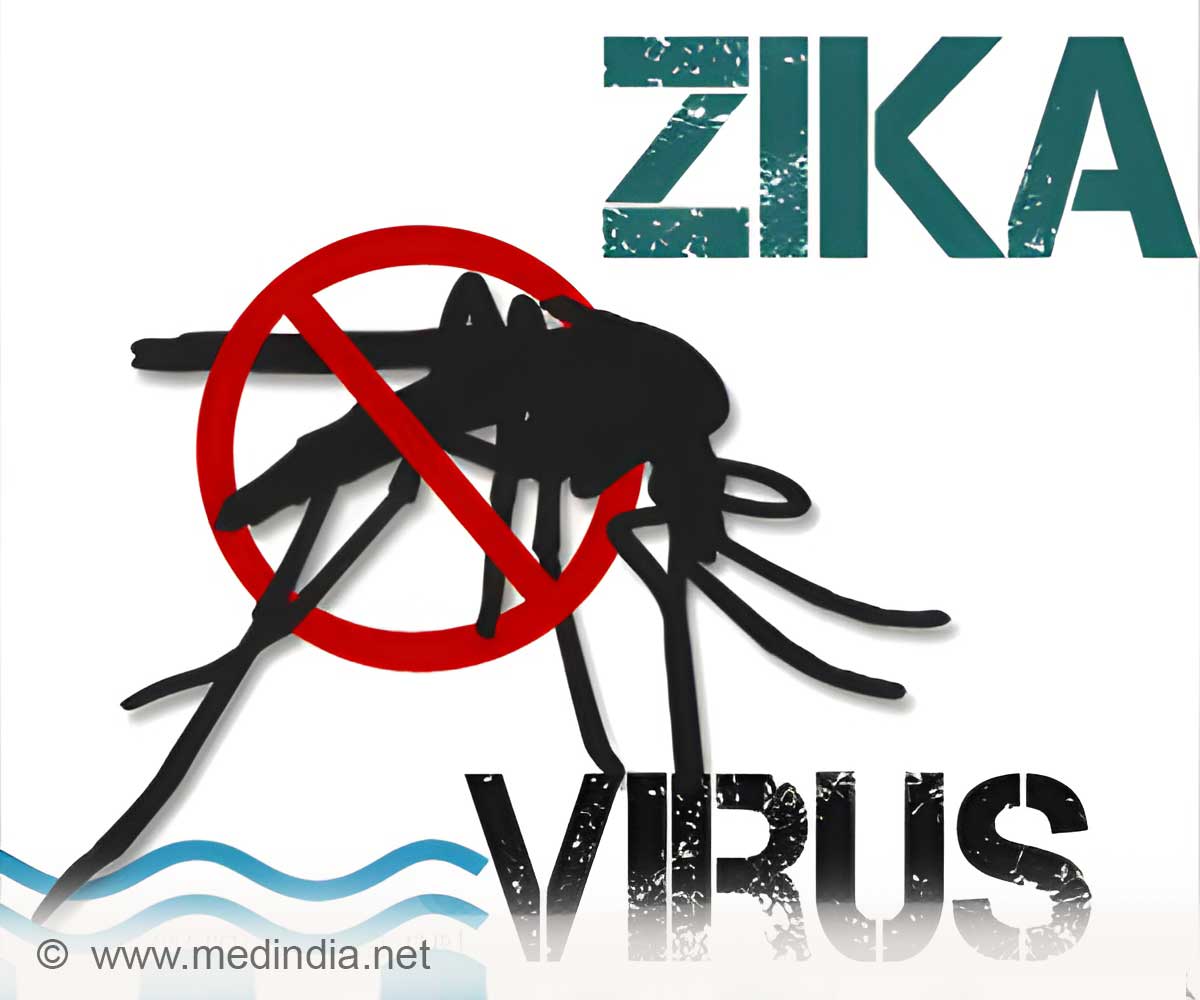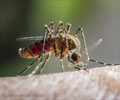
‘Wolbachia are bacteria that live within cells of nearly 60% insects like including butterflies, dragonflies, moths and are passed from one generation to the next through the insects' eggs.’
Tweet it Now
After two weeks, researchers said that mosquitoes carrying Wolbachia had fewer viral particles in their bodies. Also, the virus in their saliva was not active and could not transmit Zika. Similar tests have previously been done using the bacteria to slow the spread of dengue fever and chikungunya.
"The idea has been to release Aedes mosquitoes with Wolbachia in the field over a period of a few months, so they mate with Aedes mosquitoes without Wolbachia living in the place and, over time, replace the mosquito population," says senior author Luciano Moreira of the Oswaldo Cruz Foundation.
"Wolbachia showed to be as effective on Zika as the most important dengue experiments we did," Moreira said.
The bacteria reduces transmission but does not eliminate it entirely, he warned. "We know that there will not be only one solution for Zika -- we have to do this alongside different approaches, like vaccines or insecticides, besides the public measures to control Aedes breeding sites."
Advertisement
Source-AFP












